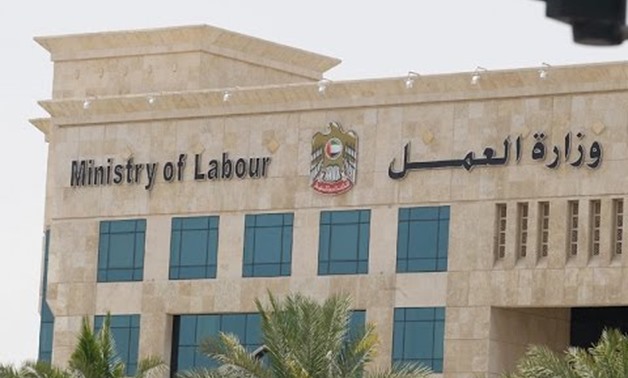
Saudi Ministry of Labor - Youtube
CAIRO – 11 May 2019: Saudi Arabia will abolish the guarantor (Kafeel) system after a new system was passed by the Shura Council called “Special Residency” that will grant special privileges related to freedom of movement to and from Saudi Arabia without the need of the kafeel's permission.
According to Saudi newspaper Okaz, the Kingdom has established a center called the Center for Special Residence for this type of residence.
The special residence system is divided into permanent residence and temporary residence with a fixed fee for each, providing advantages, including: doing business in accordance with specific regulations.
This new system gives the resident many advantages, including residing with his family, visiting relatives, owning property, owning means of transportation, etc. The system includes payment of special fees prescribed by the executive regulations.
During an Al-Arabiya interview with the Saudi Crown Prince Prince Salman bin Salman in 2016, he announced that the special residency will enable Arabs and Muslims to stay for a long time in Saudi Arabia; hence, the new system, which will be implemented within five years, will increase investments in Saudi Arabia.
For his part, the Saudi economist and member of the Shura Council, Fahd bin Juma, said that this system will attract investments through residents with financial potential, where they are granted a residence as distinct as is applied in many countries of the world.
This means that these residents will invest in the country, which will also allow employment of Saudis, and this is another objective sought by Saudi Arabia in the coming period.
The Kafeel system has been in use in the Gulf since the 1970s, forcing foreigners who wish to find employment to have a guarantor in the host country. If the government is called upon to be a guarantor, it does so by direct act; if the position is in the private sector, it is usually the manager of the company or the person who has provided employment who becomes the guarantor.
Usually, the kafeel is a partner who gets a portion of the worker's earnings, while keeping the worker's passport, so that the worker cannot leave the country without the permission of his kafeel. The kafeel system has been always criticized by the International Labour Organisation and human rights organizations.
Some Gulf countries started to move away from the kafeel system. Last December, the government of the United Arab Emirates declared that foreign workers would be able to

Comments
Leave a Comment